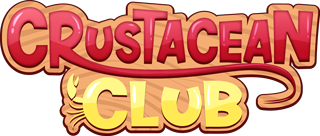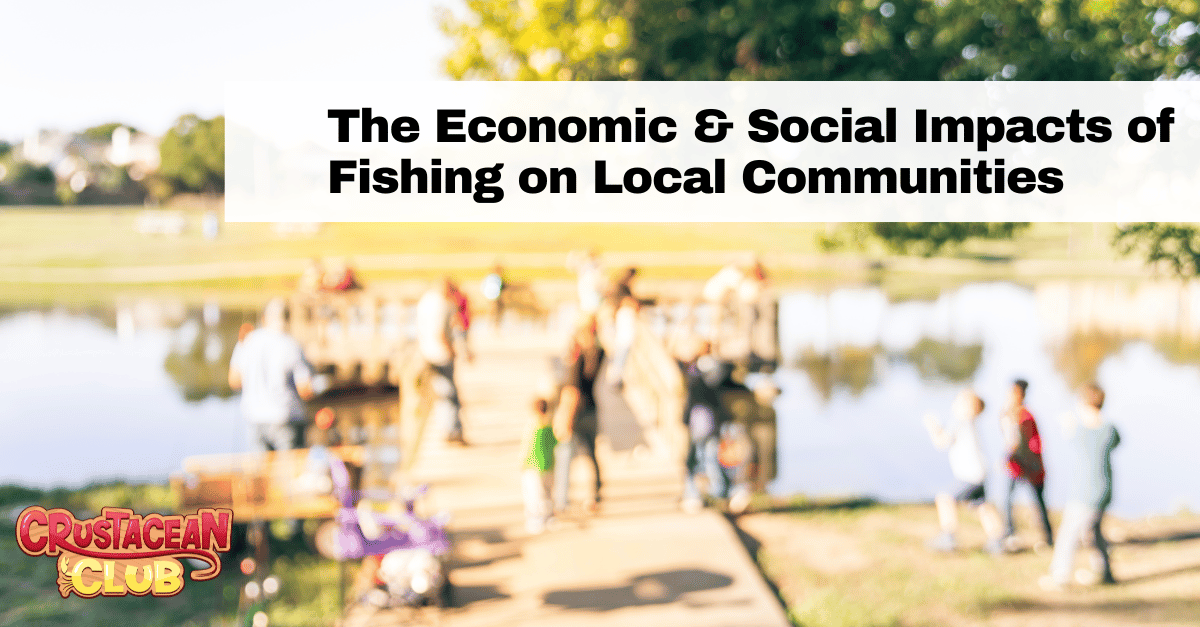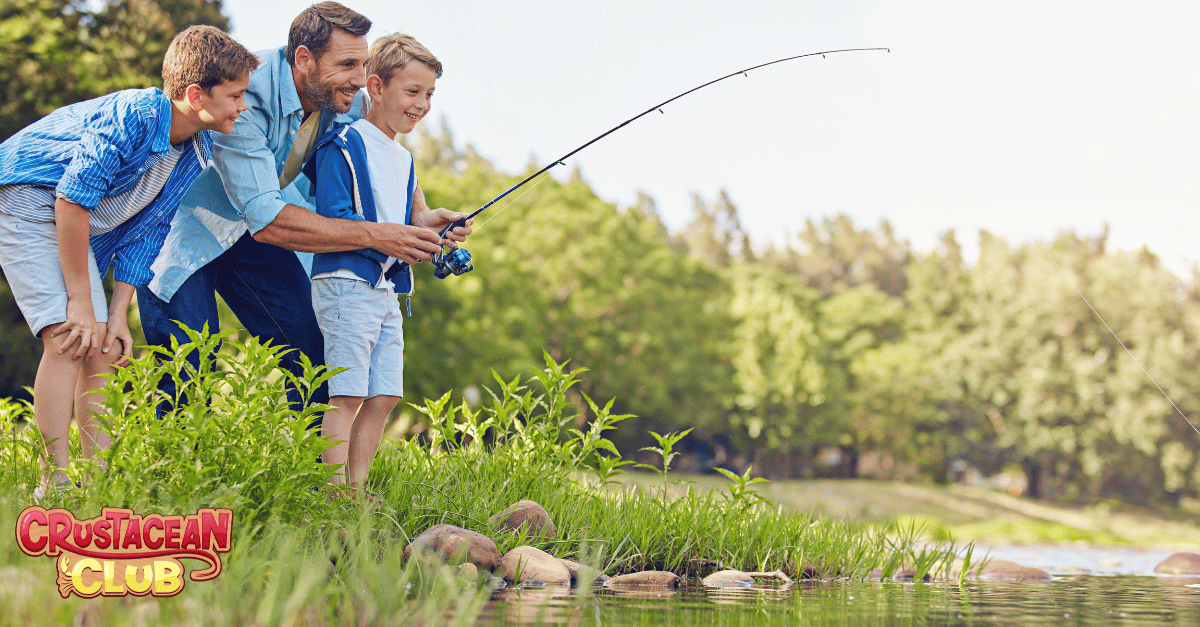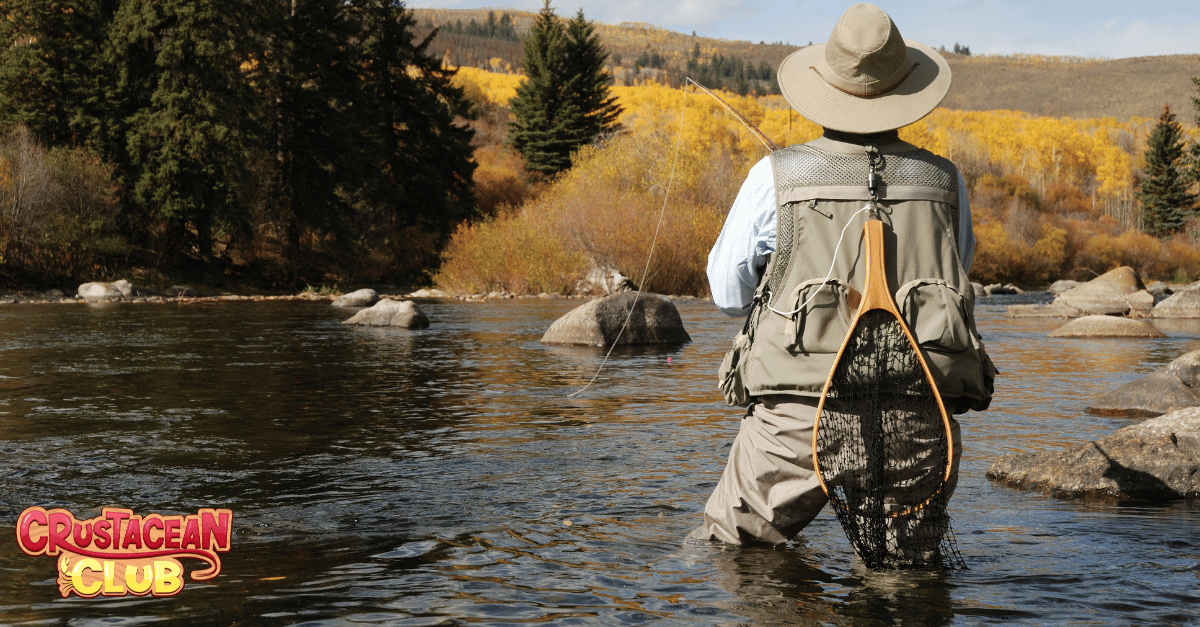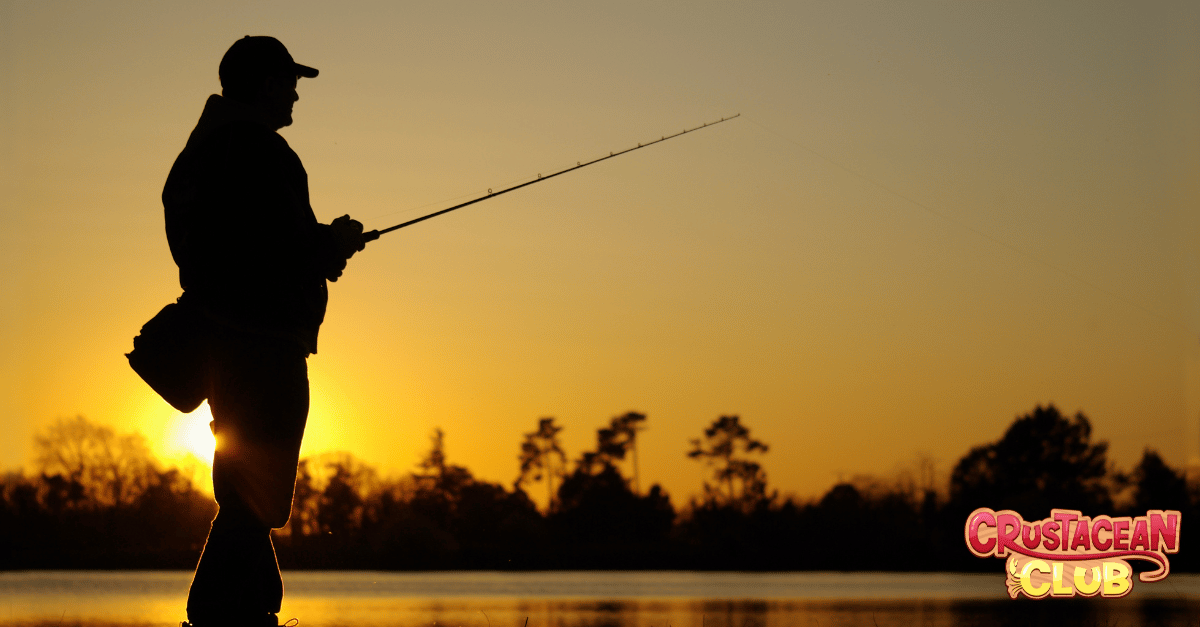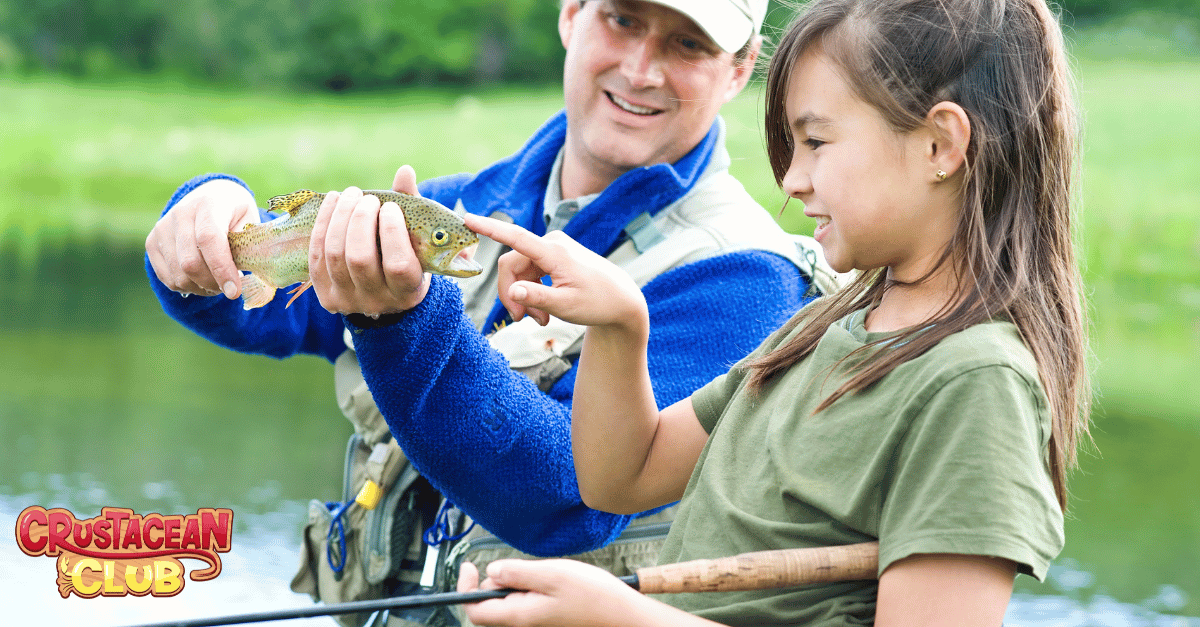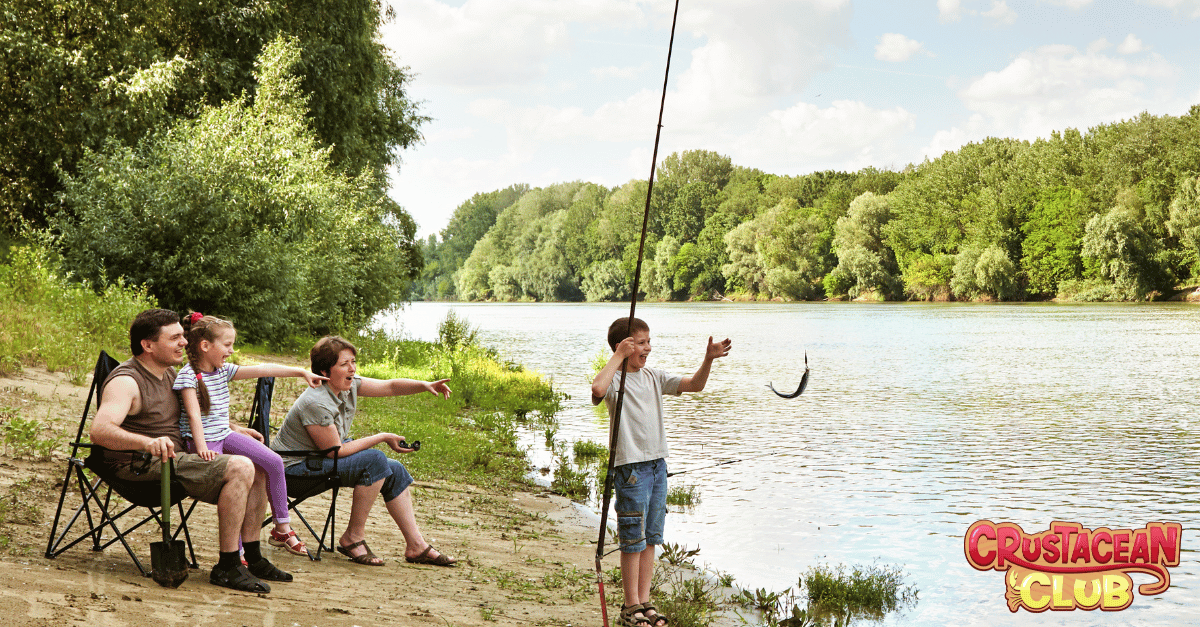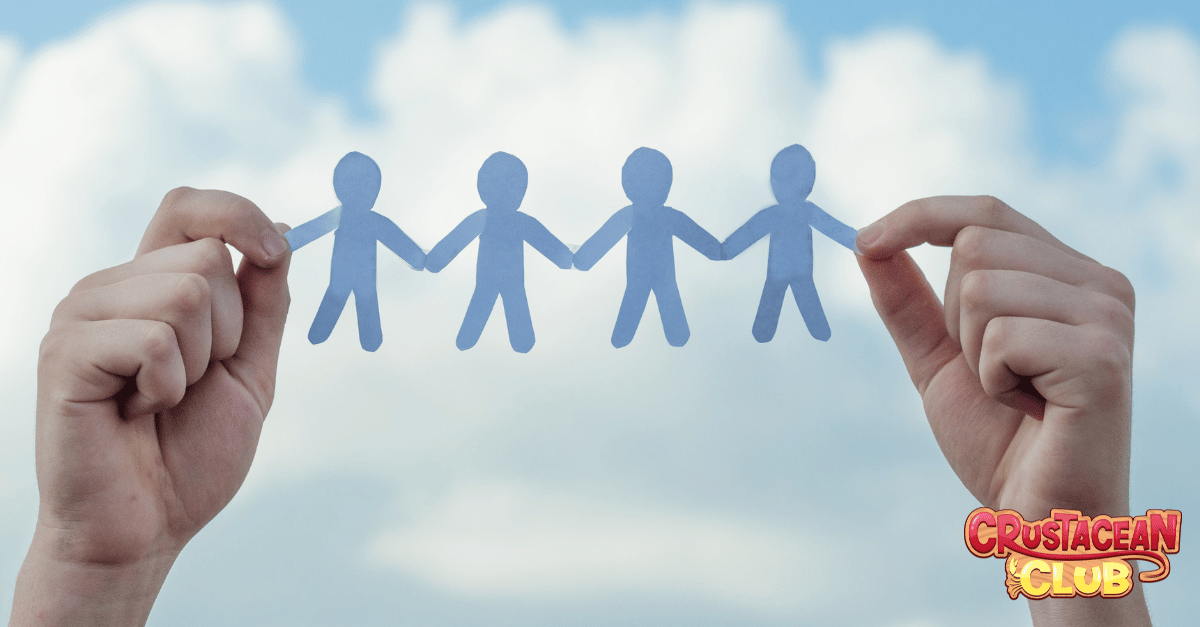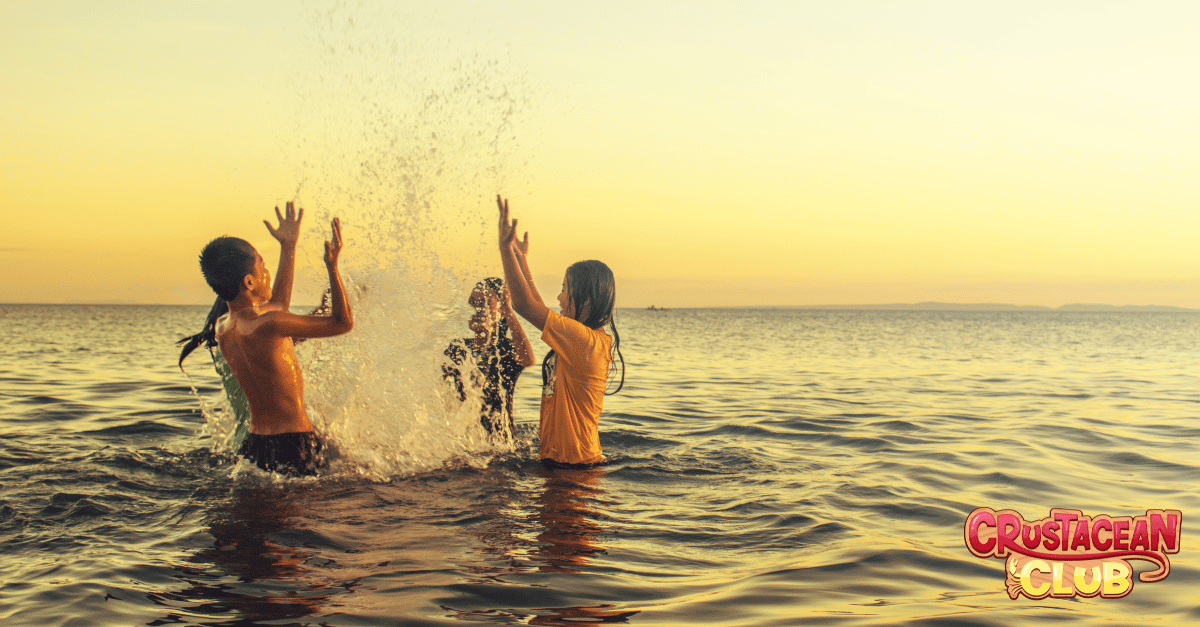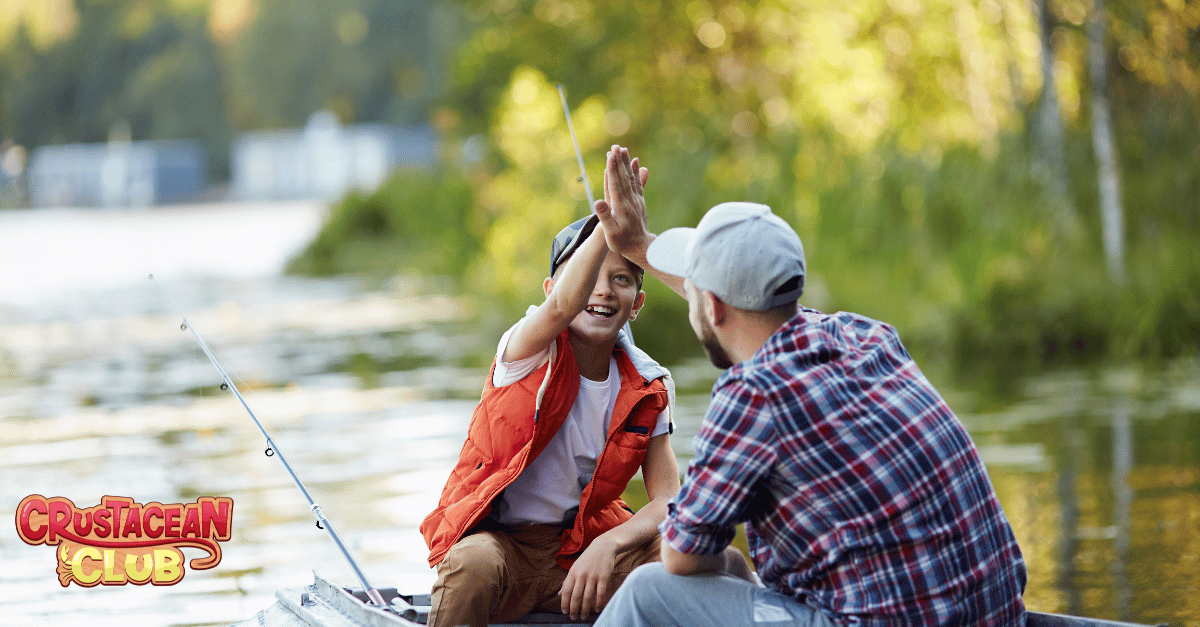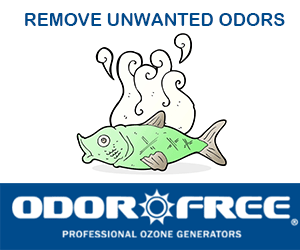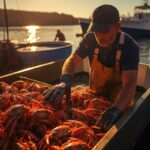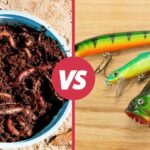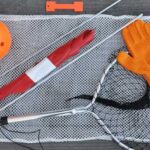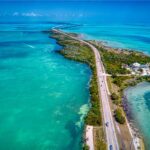The Economic & Social Impacts of Fishing on Local Communities
What makes fishing pivotal to local communities? From sustaining economies to enriching social life and promoting environmental stewardship, fishing is a linchpin of community well-being. This article delves into how these localities harness the sea’s bounty, creating a detailed picture of the industry’s reach without revealing all—prepare to uncover the tangible threads that link fishing with the prosperity and culture of communities.
For more information on all things fishing, be sure to check out the Crustacean Club site where you can also find expert guides!
Key Takeaways
- Local ponds and lakes within communities not only provide favorite fishing spots for anglers but also serve as hubs for biodiversity and social interaction among residents, offering year-round fishing opportunities due to stocking programs.
- The local economy significantly benefits from fishing activities, with anglers’ spending supporting small businesses and contributing to economic vitality, while also funding state conservation efforts through the taxes imposed on fishing equipment purchases.
- Fishing fosters community through events that encourage family participation, teach youth about conservation, and build friendships among anglers, with fishing clubs playing a key role in promoting both social connections and environmental stewardship.
We love hearing from our readers and subscribers, so please feel free to reach out and contact us today!
The Heart of Hometown Fishing: Local Community Ponds and Lakes
Nestled within the heart of communities lie the tranquil waters of local ponds and lakes, where fishermen of all ages come together in pursuit of the prized catch. These havens, such as Armstrong Park Pond, Badger Lake, and Fairfax City Pond, serve not just as fishing spots but as vibrant social hubs. Here, anglers might hook largemouth bass or bluegill, while also contributing to the ecosystem’s diversity, as ponds like Emma Young Pond are instrumental in boosting local biodiversity by creating habitats.
The accessibility of these waters weaves a tapestry of inclusivity, offering a place where families can gather and fishermen can share in the timeless dance between man and nature.
The allure of fishing is not confined to far-off, exotic locales; it’s right in our own communities, where spots stand as testaments to the joys of fishing close to home. These local treasures offer anglers a smorgasbord of fish species, from the fight of a largemouth bass to the grace of a bluegill.
Additional locations such as Waldo’s Rock Park not only offer a line into the water but a line into community engagement, cementing fishing as a pillar of local identity.
Year-Round Fun: Seasonal Fishing Activities
Fishing isn’t a seasonal activity; thanks to various fish stocking programs, anglers are guaranteed action year-round. From the springtime surge of striped bass in Baltimore’s Chesapeake Bay to the icy allure of Lake Michigan’s winter fishing in Milwaukee, each season unfolds a new chapter in the angler’s almanac.
These programs ensure that whether it’s spring, fall, or the heart of winter, the community’s fishing spirit remains undimmed and the promise of trout, catfish, or the elusive largemouth bass is just a cast away.
Economic Boom: The Impact of Fishing on Local Economies
When anglers cast their lines, they’re not just fishing – they’re also stimulating the local economy of their home towns. The impact of fishing extends well beyond the shoreline, reaching into the heart of local businesses that thrive on the trade brought by anglers’ quests for the perfect catch. From bait shops to charter boat operations, fishing activities are not just about the catch but about the catch’s contribution to economic vitality and job growth within related industries.
In places like Essex County, fishing tournaments can lead to an influx of over $2 million in a single year, showcasing the powerful economic impact payments that these events can generate.
Boosting Small Business Revenue
Fishing’s appeal reaches much further than the banks of a lake or river, hooking into the local economy with each reel and rod purchase. Anglers’ spending on fishing-related activities reverberates through communities, supporting not only the tackle shops but also the restaurants and lodgings that anglers frequent.
The economic impact payment of a successful fishing season can be seen in:
- The parking lots filled with visitors
- The robust work providing services to these enthusiasts
- Fishing tournaments that emerge as big events on the calendar, drawing crowds that breathe life into small businesses, particularly during quieter tourist seasons.
Tax Return from Tackle: Funding Conservation through Spending
Anglers’ financial contributions benefit not only the local economy but also conservation efforts. Thanks to legislation like the Pittman-Robertson and Dingell-Johnson Acts, the purchase of fishing equipment translates into tax returns that fund state conservation efforts. These payments are channeled into wildlife management and habitat restoration initiatives, creating a symbiotic relationship between recreation and ecological stewardship. Anglers, therefore, play a pivotal role in enhancing the very environments they cherish; their spending on fishing activities has amounted to an impressive $1.8 billion towards conservation, ensuring the vitality of waterways and fish habitats for generations to come.
Casting Together: Family and Community Events
Fishing is about more than catching fish—it’s about creating memories, forming bonds, and fostering a sense of community. Community fishing events are not just about tallying the biggest catch but about the moments that define households and individuals who gather in the spirit of camaraderie. These events have become time-honored traditions, places where laughter echoes as much as the splash of a successful catch, and where charity fishing tournaments unite anglers with causes that transcend the water’s surface.
From environmental stewardship to providing access to fishing for underprivileged groups, these events showcase the remarkable power of a community coming together with a fishing rod in hand.
Hooked on Education: Youth Fishing Programs
Our youth hold the future of fishing and environmental stewardship, and fishing programs are the bait that hooks their curiosity. Engaging children in fishing teaches them not just to catch largemouth bass or trout but to understand the ecological tapestry they are a part of. Through hands-on activities, youth learn the art of fishing and the importance of conservation, ensuring that these practices are carried on responsibly.
The U.S. Fish and Wildlife Service’s tailored programs are casting lines towards a future where eligible young fishermen respect the regulations and the state of our natural resources, fostering a lifelong commitment to stewardship.
Fishing as Social Glue: Stories of Friendship and Support
Fishing goes beyond the excitement of the catch, it helps create close-knit communities, anchored in the shared passion and experiences of its members. Fishing clubs, in particular, act as vessels for connection, where friendships are forged over tales of the one that got away and the triumphs of the ones that didn’t. The bonds formed on these outings often extend to the shore, fostering a network of support and companionship that can turn strangers into lifelong fishing buddies.
From Strangers to Fishing Buddies
The bonds formed during fishing trips can run deep, bringing people together in surprising ways. Shared challenges, such as a trip where gear is forgotten or fails, can become the crucible for camaraderie. As anglers improvise with borrowed and time-worn equipment, they often find more than fish—they find friends and a collective reservoir of stories and support that extend beyond the fishing docks.
These experiences create an atmosphere ripe for bonding, where personal stories are as eagerly shared as bait and tackle, and connections are made that weather the tests of time and tide.
The Role of Fishing Clubs in Building Community
Fishing clubs create a web of connections that extends much further than the waters, they are the anchors of communities, where shared interests in lobster, trout, or catfish translate into shared lives. Through these clubs, anglers find not just fishing spots but a sense of belonging and an opportunity to engage in the socio-political landscape of their communities. Activities such as conservation projects and fishing events serve as the bait for greater community involvement and education, strengthening the ties that bind members to each other and their shared passion.
Moreover, the financial sustainability of these clubs is often intertwined with the local angling community and businesses, creating a symbiotic relationship that benefits both the clubs and the community at large.
Essential Community Fishing Guide
Just as a good rod is essential for successful fishing, so too is a guide for navigating community fishing. Fishing clubs are treasure troves of information, offering resources such as interactive maps and insider knowledge on the best spots to hook a largemouth bass or a trout. These guides not only enrich the fishing experience but also serve to connect communities of anglers, sharing the wisdom of the water and ensuring that every fishing outing is as fruitful as it is enjoyable.
Local Spotlight: Highlighting Exceptional Fishing Communities
From San Francisco’s busy ports to tribal shores steeped in centuries of fishing tradition, the West Coast of the United States is peppered with communities where fishing is etched into the cultural fabric. These communities, whether defined by shared gear type, fishery, or values, embody the essence of what it means to be a fishing community—a place where economic and social needs converge with the traditions of the sea.
Acknowledging the role of such communities, the National Environmental Policy Act ensures that the environmental actions taken into account the social and economic factors that are vital to maintaining the unique identity and cultural values of these areas.
Towns with Notable Fishing Traditions
Across the globe, certain towns have become beacons for anglers, known for their fishing traditions and annual events that resonate with the community’s identity. From Pensacola’s Redfish runs to New York City’s Tuna tournaments, these cities offer diverse fishing experiences that attract enthusiasts from all over. Festivals like the Virginia Fly Fishing & Wine Festival and the Texas Fly Fishing & Brew Festival intertwine local culture with angling education, while events like the Brainerd Jaycees Ice Fishing Extravaganza and the Florida Seafood Festival celebrate the bounty of the waters and the spirit of the community.
Each town, with its unique traditions, contributes to a shared heritage that bonds communities and captivates the hearts of fishermen worldwide.
Success Stories: Communities Revitalized by Fishing
The testament to fishing’s impact on communities can be seen in the revitalization of small towns where the sport has breathed new life into local spirits. Arizona showcases this phenomenon, where a stocked Community Fishing Program lake within a 20-minute drive has rekindled the community’s connection to angling. The surge in local interest is evidenced by the booming number of fishing tournaments, which in some areas, have tripled compared to a decade ago, thus reinvigorating not only the community’s economy but also its sense of unity.
Engaging Through Conservation: Volunteer Opportunities and Initiatives
Anglers have a responsibility to balance their love of fishing with the need for conservation. It’s not only about the thrill of the catch but also about the duty to protect and preserve the ecosystems that make fishing possible. Anglers can engage in this critical work through:
- Volunteer opportunities
- Adopting responsible fishing practices that prevent the introduction of non-native species
- Ensuring the safe disposal of materials
The financial contributions from anglers’ expenditures on fishing activities, amounting to about $1.8 billion, are a powerful force in conservation funding, illustrating the symbiotic relationship between angling and ecological sustainability.
Participate in Clean-Up Days
Participating in clean-up days is a practical way for anglers to contribute to conservation efforts. These efforts not only ensure the beauty and health of fishing locales but also protect the wildlife that calls these waters home. By removing trash and discarded fishing materials, such as plastic containers and fishing line, anglers help to maintain the pristine nature of the environment and the safety of the fish and other aquatic creatures.
These acts of stewardship demonstrate the angling community’s commitment to the places they love, ensuring that future generations can enjoy the same experiences that have brought so much joy to the present.
Summary
As we reel in the end of our journey, it’s clear that the economic and social impacts of fishing and community fishing programs ripple beyond the water’s edge, nourishing the roots of local economies, fostering strong community bonds, and nurturing environmental stewardship. From the economic boon to local businesses to the social glue that binds strangers into friends, fishing is a cornerstone of community life, providing sustenance, recreation, and unity. May every cast be a reminder of the shared responsibility we hold—to cherish and protect the natural resources that bring us together in this cherished tradition.
Frequently Asked Questions
What types of fish can I expect to catch in local community ponds and lakes?
In local community ponds and lakes, you can expect to catch largemouth bass, bluegill, and channel catfish, among other species commonly found in these areas. Happy fishing!
How does fishing contribute to local economies?
Fishing contributes to local economies by supporting businesses, promoting job growth in related industries, and bringing economic impact payments through tournaments. This helps in overall economic development and prosperity.
Are there fishing programs for children, and what do they teach?
Yes, fishing programs for children teach fundamental skills such as baiting, casting, and catch-and-release techniques, while promoting environmental responsibility.
Can fishing really create lasting friendships?
Yes, fishing can create lasting friendships through shared experiences and unexpected bonding.
How can I get involved in conservation as an angler?
You can get involved in conservation as an angler by participating in clean-up days, adopting responsible fishing practices, and supporting conservation through your expenditure on fishing-related activities. This will help contribute to the preservation of aquatic ecosystems and wildlife.
